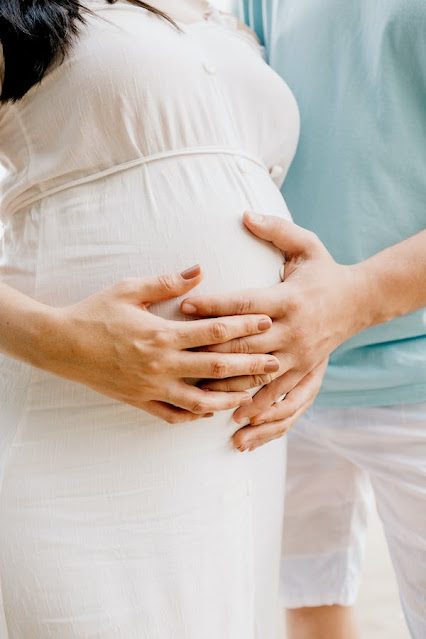Pregnancy is typically counted from the first day of the woman's last menstrual period. This is called the gestational age. It is used as a reference point to determine the age of the fetus and to estimate the due date. The gestational age is usually calculated by adding 280 days (40 weeks) to the first day of the last menstrual period. This is because the average length of a menstrual cycle is 28 days, and pregnancy is typically thought to last around 40 weeks (280 days).
It's important to note that this method of calculating pregnancy is based on an average and may not be accurate for everyone. Some people may have longer or shorter menstrual cycles, and the due date may be adjusted accordingly. Additionally, the fertilization of the egg and the beginning of pregnancy may not always occur on the same day as the first day of the last menstrual period. In these cases, the gestational age may be different from the age of the fetus.
If you have any questions or concerns about your pregnancy, it's important to discuss them with your healthcare provider. They can provide you with more information and help you understand what to expect during your pregnancy.
Minimum how many days to get pregnant
It's not possible to determine a specific number of days that a person must wait before becoming pregnant, as it can vary widely from one individual to another. Some people may become pregnant very quickly, while others may take longer to conceive.
There are several factors that can affect a person's fertility and the likelihood of becoming pregnant, including age, general health, lifestyle factors, and any underlying medical conditions.
For people trying to become pregnant, it is important to be aware of the menstrual cycle and to track the most fertile days of the month. The most fertile days are typically the days around the time of ovulation, when the egg is released from the ovary and is available to be fertilized by sperm. Ovulation usually occurs around the middle of the menstrual cycle, about 14 days before the start of the next period. However, the exact timing of ovulation can vary from one person to another and may not always be predictable.
If you are trying to become pregnant, it's a good idea to talk to your healthcare provider about your fertility and any steps you can take to increase your chances of conceiving. They can provide you with more information and help you understand what to expect.





0 Comments